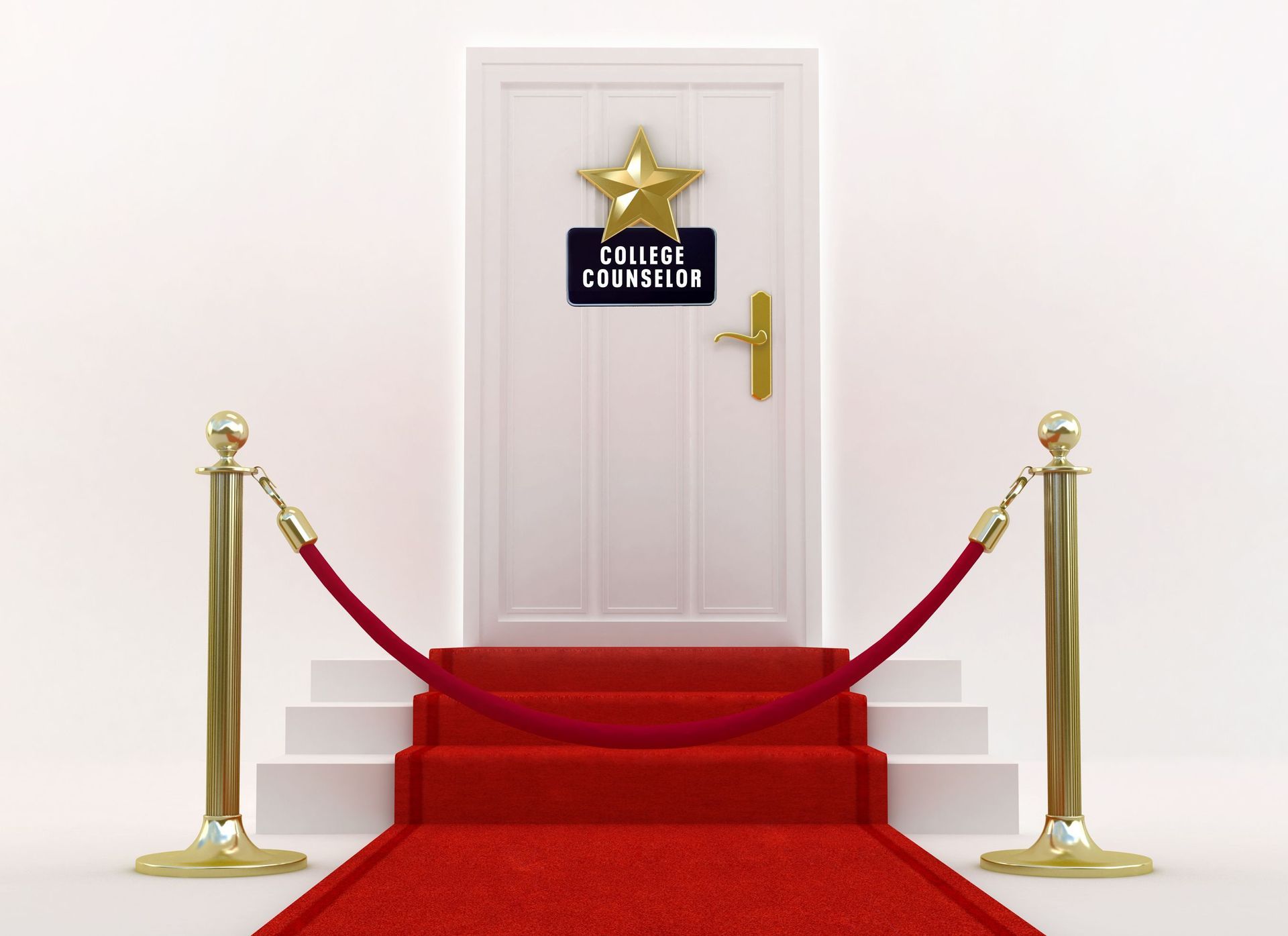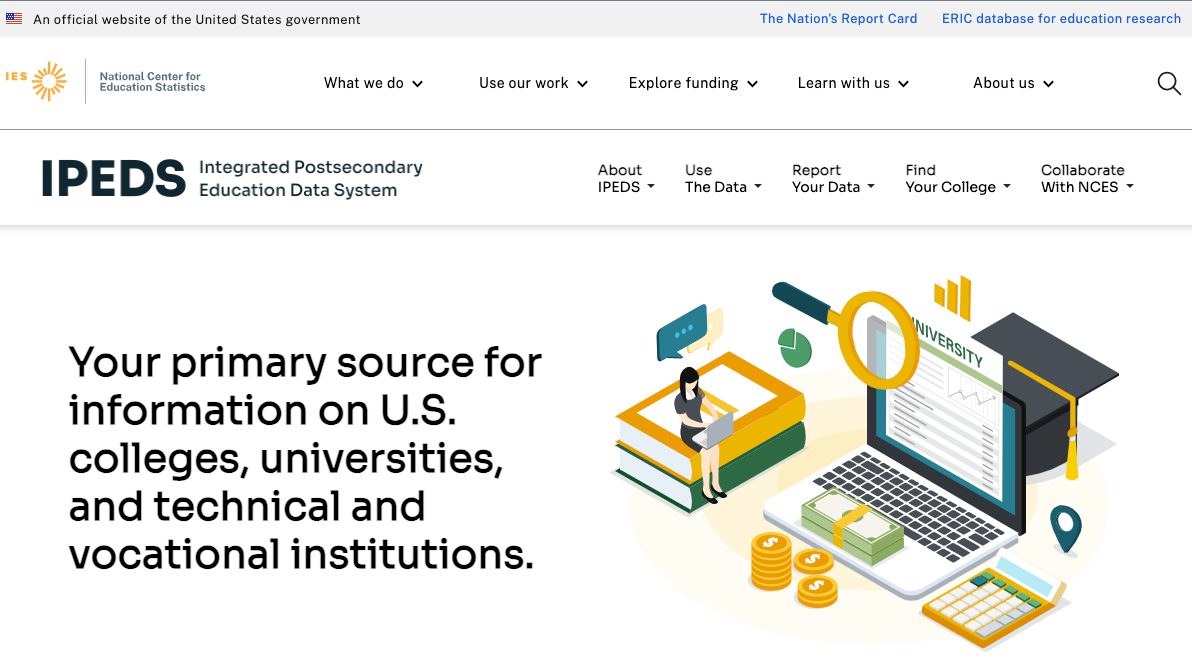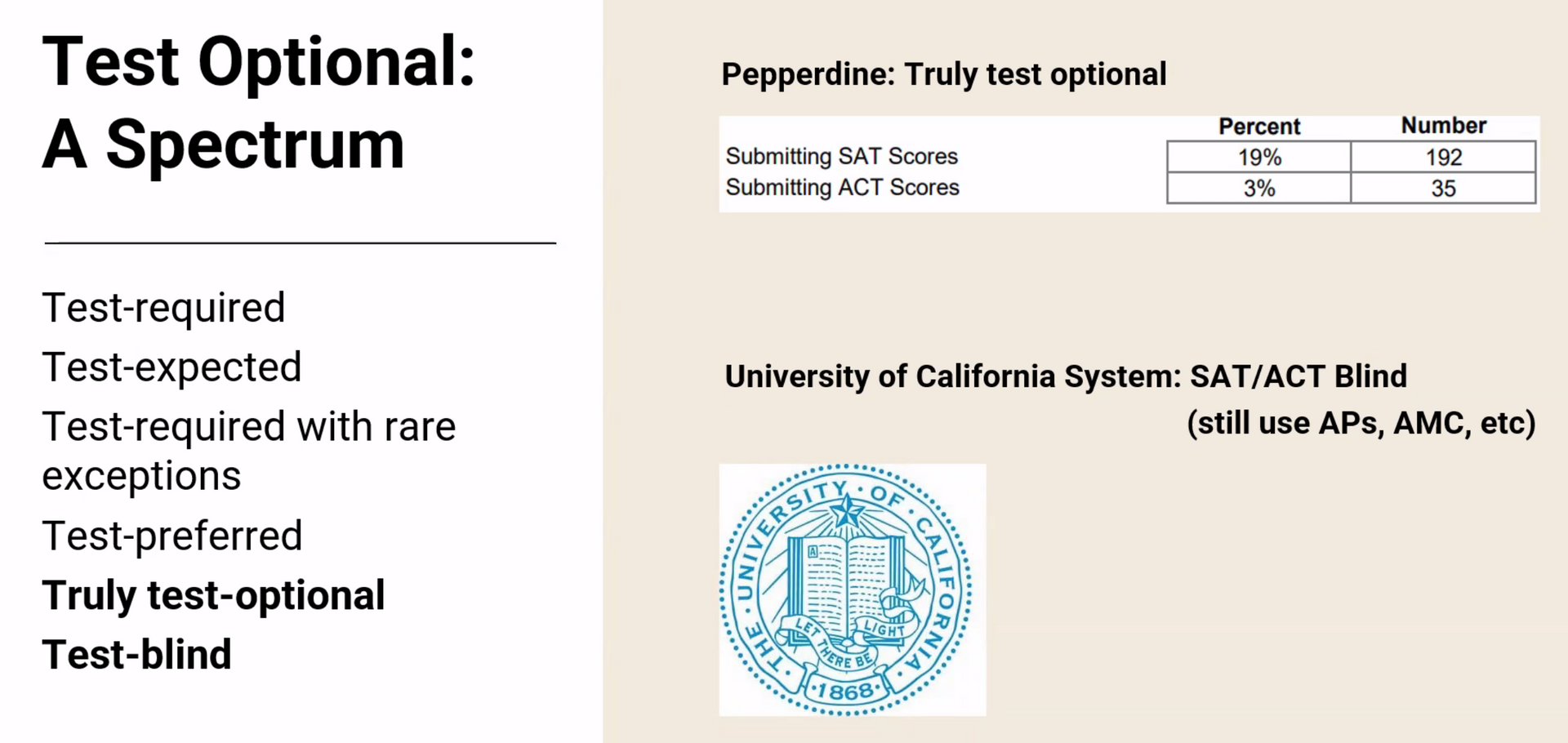So, this year’s admissions results arrived late as expected. However, did you notice how many students ended up on the waiting list in 2021? Even when students applied earlier to improve their chances, many fell in the waitlisted category.
Some experts predict this year to be the worst than the last. However, it might be due to the highly competitive admission approach amid the COVID-19 pandemic.
Colleges are not relying on test scores anymore. Without ACT and SAT scores and the absence of initial paper screening to sort out the applicants, the admission authorities must dig deeper and gauge each candidate's eligibility.
The cancellation of standardized tests and the uncertainty of COVID-19 precautionary measures have pushed the colleges to adopt a test-optional admission approach in 2021. Therefore, the volumes of applications they receive are overwhelming, to say the least.
As a result, schools and colleges are placing more qualified applicants on their waitlists. This is entirely to ensure solid backup entries in case fewer students accept their offers this year. In order to make sure they have suitable candidates on the waitlist, the admission staff committees are spending more time on each application.
The test-optional approach for admissions will ensure that all the hard work put in each application now actually matters. This means they will explore your interests and achievements in full detail by evaluating every minute detail the applicant mentions.
I have always been a skeptic and critic of the so-called “holistic” review approach for admissions since its inception. There is no hard and fast rule which alone makes this entire process a bit all too suspicious. The process gauges applicants based on their demonstrated interest, knowledge of the academics at the college they are applying to, and their applied major.
What It Means for Students
The test-optional approach means students no longer have to submit their ACT or SAT scores to their college applications (not in all cases).
The admission will now focus on how well the student performed overall in the classes over several years, then simply filling bubbles in a test paper one fine Saturday. This comes as a sigh of relief for those who did not perform too well on their tests.
Removing this factor will now force college admission staff to consider other qualitative and quantitative aspects of each application.
Candidate Shaping Tools
If you are a professional educational counselor trying to help students apply
with confidence, they will require something we call “Candidate Shaping Tools” in the business. CounselMore offers a wide range of these tools.
Like the schools have embraced new ways to assess each applicant, so must you as an education counselor. This is the time when your candidates can shine high amongst the rest as the admission committee is going to look into every hard work and details your applicants are going to fill in.
Since test scores are majority optional again this year and SAT and ACT availability stays spotty. You will definitely need those candidate shaping tools by CounselMore. Even the tiniest mention about an applicant’s education, talent, skills, and achievements can put them into the lead instead of landing on the waitlist.
Brandi Marcioni
After majoring in English literature and then mastering in education, I planned to embark on an academic writing career. I sobered up to the realities of life asan academic and now serve students and families as they navigate the many choices to consider after high school. If I could have majored in college counseling, I would have found my calling sooner.
-
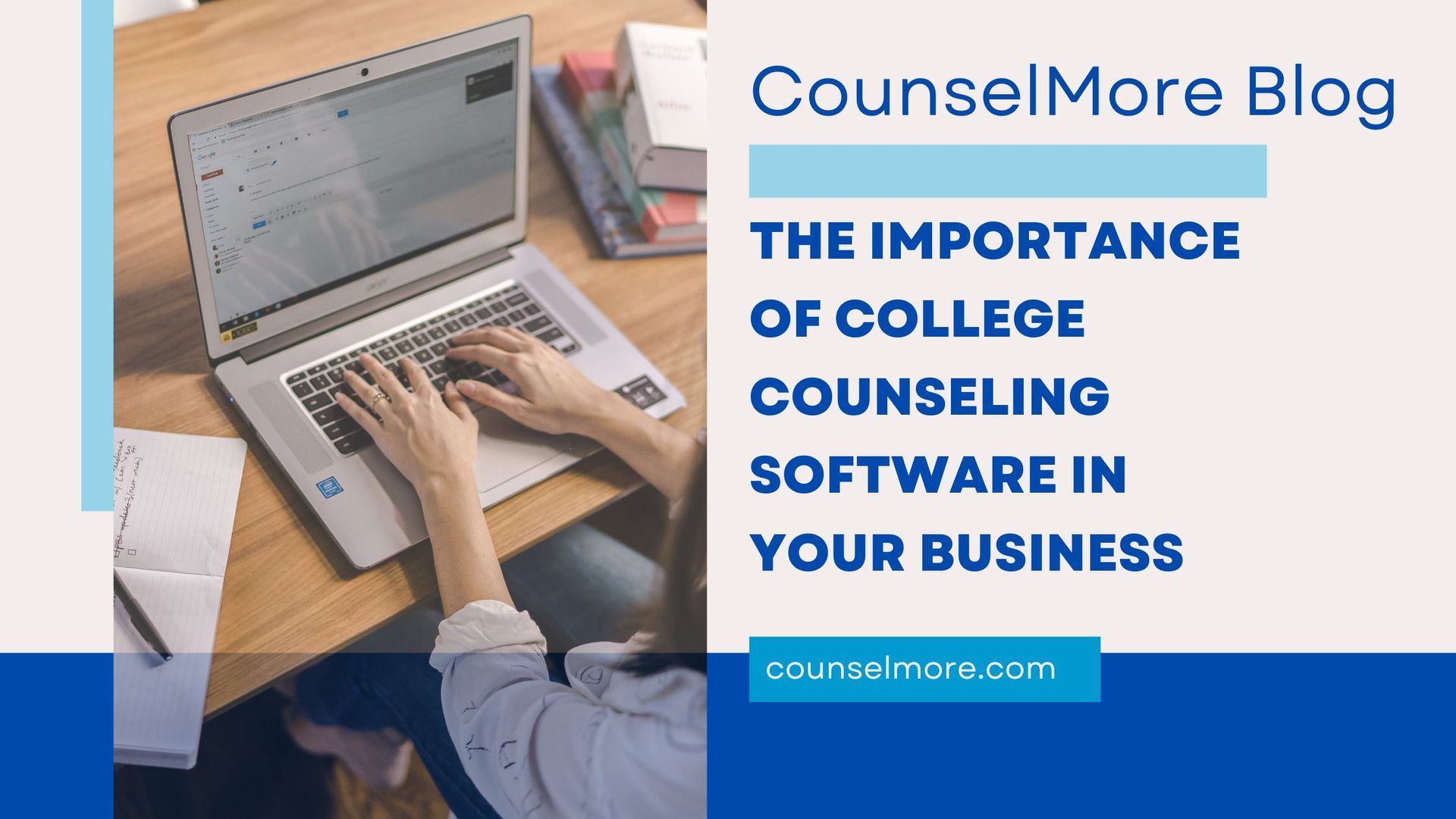 Read Now
Read Now -
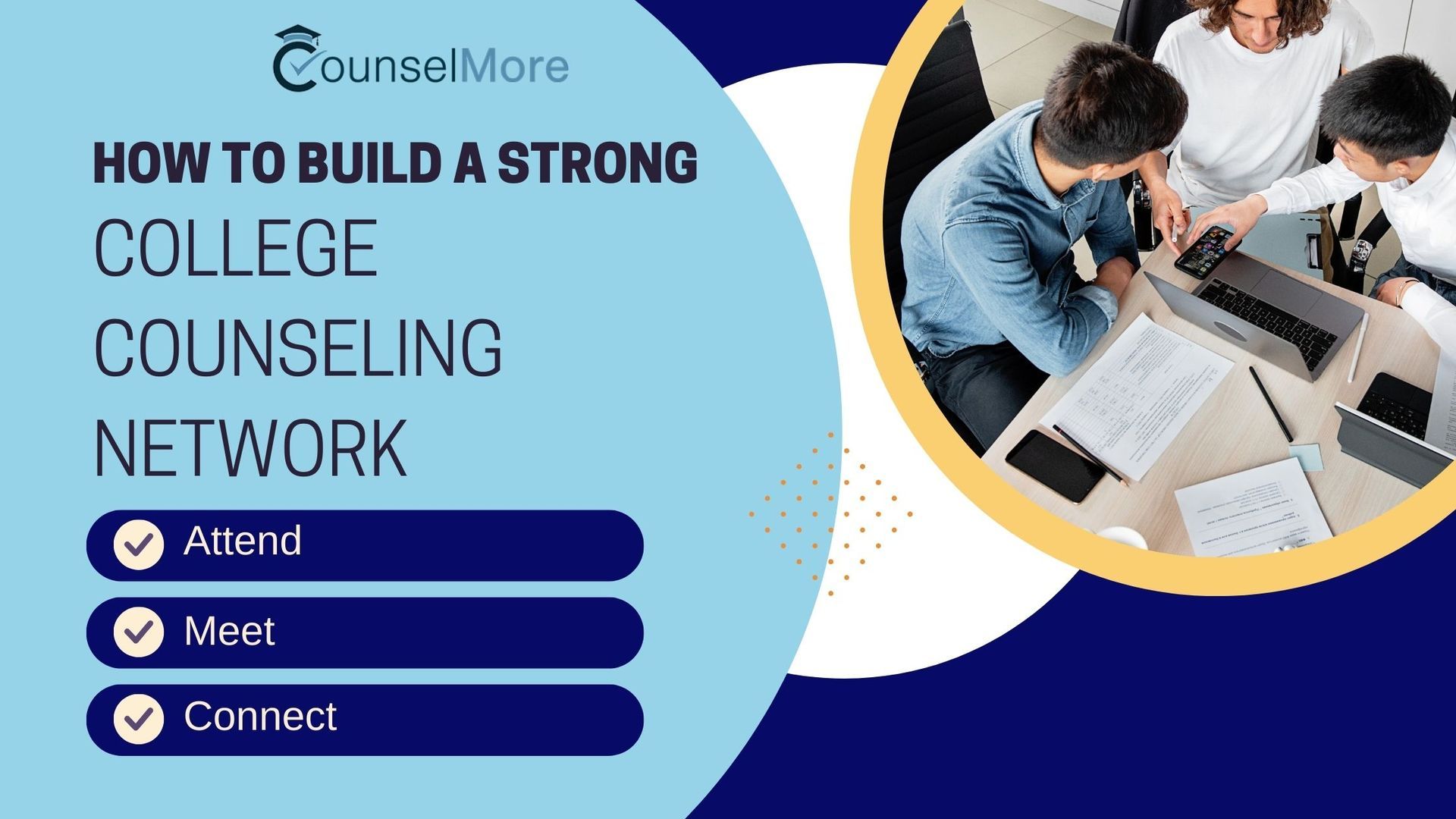 Read Now
Read Now -

Why Educational Planners Choose CounselMore
Read Now -

Aspiring IECs and College Counselors
Read Now -

Don't Miss This Chance
Post your article on the CounselMore Blog
Read Now -

CounselMore members enjoy more benefits
Read Now -

Slide title
Write your caption hereJoin your peer-professionals in conversations


